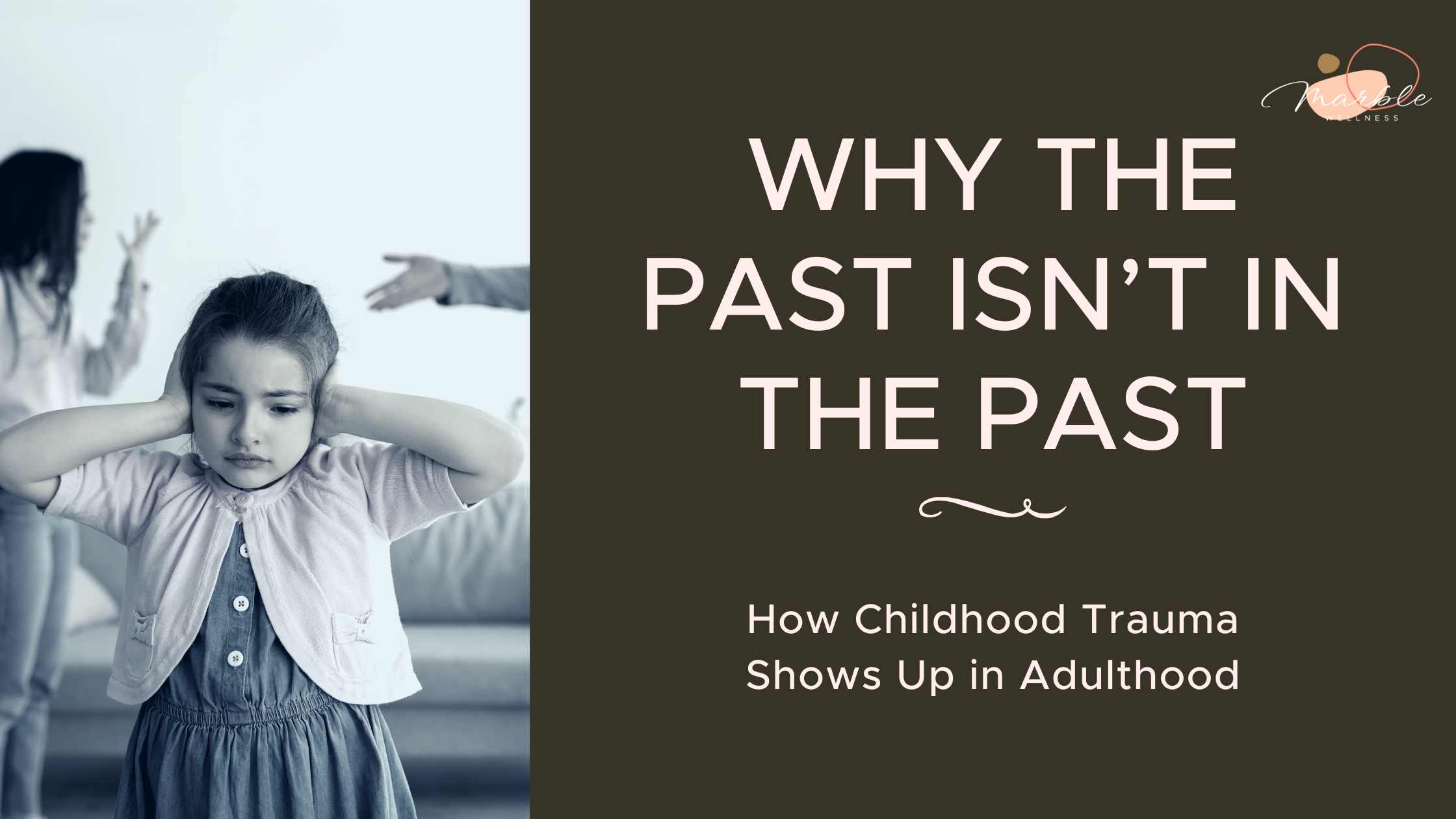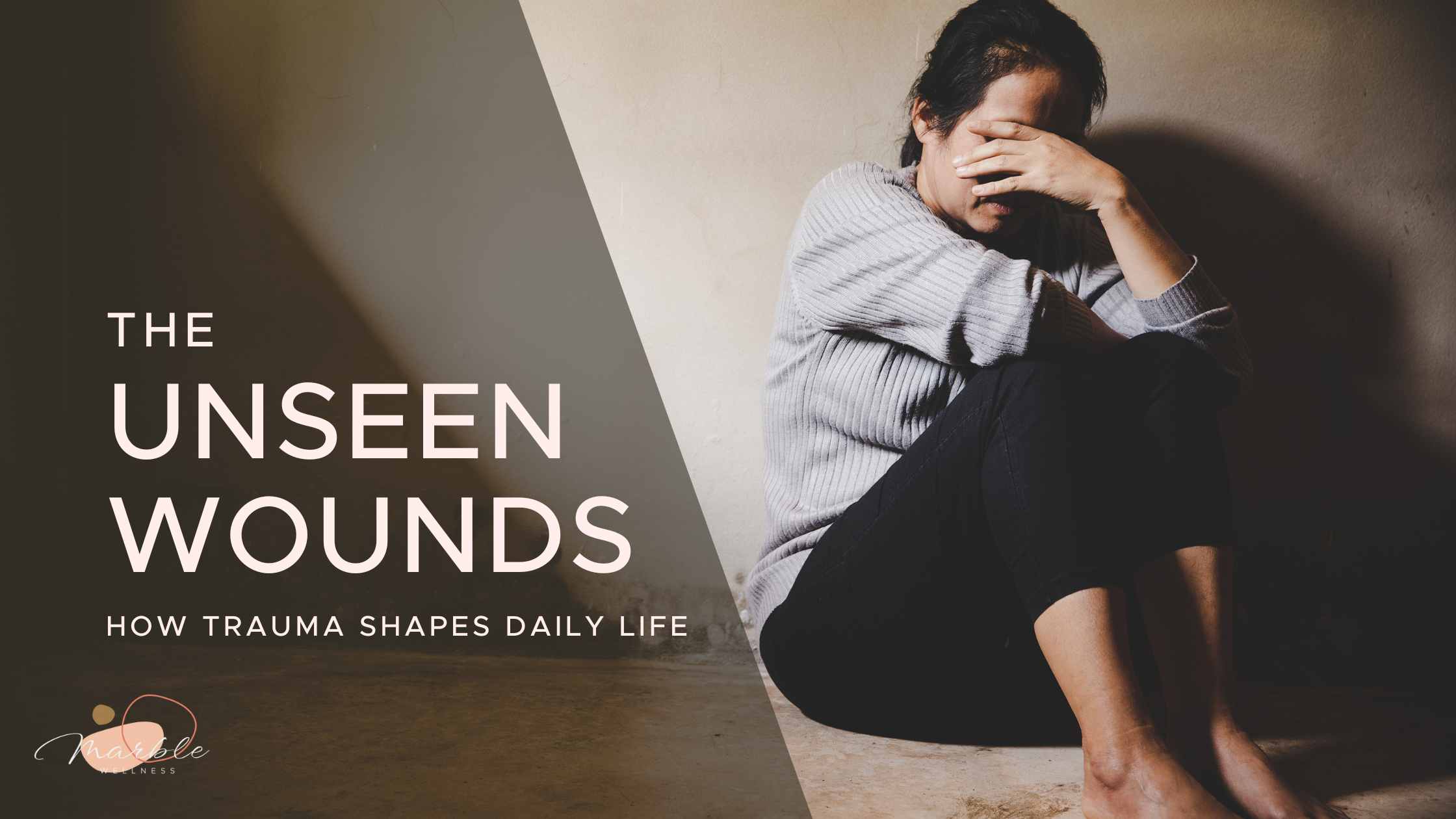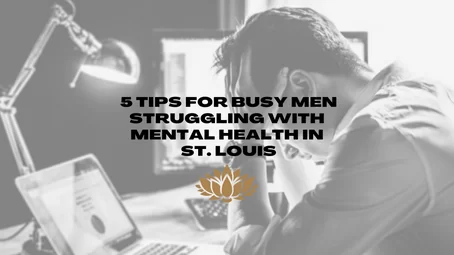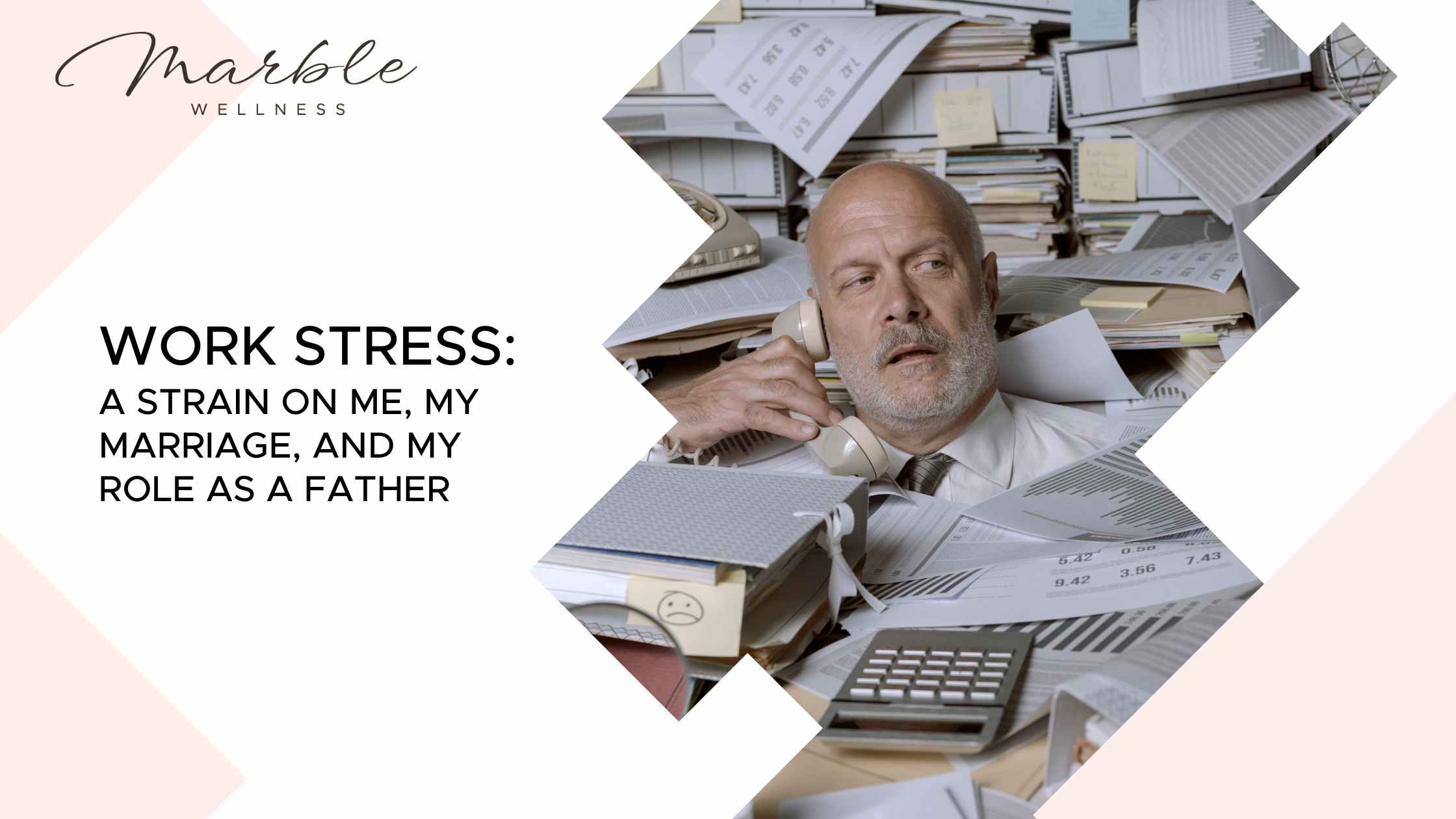You’re doing “all the right things.” You’ve built a life that looks pretty good from the outside—career, relationships, maybe a family of your own. You meal plan, you answer emails on time (well, most of the time), and you even remember your friend’s birthday this year.
And yet.
There are moments that catch you off guard.
You feel a disproportionate sense of dread before a tough conversation.
Maybe you shut down when someone raises their voice.
You have an inner critic that speaks with the clarity of a courtroom stenographer and the cruelty of a playground bully.
You’re exhausted, and you’re not sure why.
You might even think, “I shouldn’t be this affected. My childhood wasn’t that bad.”
Let me pause right there and say this with love: You don’t have to prove your trauma was “bad enough” to deserve healing.
What Is Childhood Trauma, Really?
Trauma is often misunderstood as a specific event—or as something that happens only to people who grew up in obviously “bad” circumstances. Abuse. Neglect. Violence. Abandonment.
But trauma isn’t just what happened to you. It’s also what didn’t happen. It’s the emotional absence that left you alone with feelings too big to handle.
Childhood Trauma Can Include:
- Growing up with a parent who was loving but emotionally inconsistent
- Being the “good kid” who never got attention unless you were achieving something
- Feeling like your emotions were too much or not welcome
- Witnessing family tension yo,u didn’t understand but still absorbed
- Having to grow up fast because the adults around you were struggling themselves
In clinical language, these experiences are sometimes called “little T traumas”—less visible, but deeply impactful. And they often go unrecognized because no one around you ever called them what they were.
“But That Was a Long Time Ago…”
Yes. And your nervous system doesn’t use a calendar.
Our brains are wired for survival. If something overwhelmed you emotionally as a child—especially without the right support—your body created protective patterns to help you cope.
And here’s the thing: those patterns worked. They helped you navigate situations you weren’t emotionally equipped to handle.
But survival patterns are meant to be temporary. When they become permanent, they start to feel like personality traits:
- You apologize for everything.
- You try to stay “useful” in relationships so no one will leave.
- You get anxious when things are calm—because calm never lasted when you were a kid.
- You avoid asking for help, even when you’re drowning.
None of this makes you weak. It means your body learned how to stay safe in a world that didn’t always feel safe.
How Childhood Trauma Shows Up in Adulthood
Here are some of the most common signs we see in therapy:
1. Hyper-independence
You pride yourself on doing it all alone. Asking for help feels like vulnerability—and vulnerability feels dangerous.
2. Chronic people-pleasing
You scan every room to make sure everyone else is okay. You learned that connection comes through compliance, not authenticity.
3. Emotional numbness or shutdown
You struggle to connect with your own feelings. Or you go from 0 to 100 but can’t explain why. You were never taught how to safely feel.
4. Overachievement with inner emptiness
You set goal after goal, but still feel like a failure. Because deep down, you’re trying to earn the love or approval you didn’t get as a child.
5. Relationship struggles
You either avoid intimacy altogether or cling tightly to people who feel familiar—even when they’re not safe or healthy.
6. Deep shame
A persistent belief that something is wrong with you. You might not even know where it came from—but it colors everything.
So, What Can You Do About Childhood Trauma as an Adult?
First, breathe. And then hear this: You are not broken. You adapted.
Therapy for childhood trauma isn’t about blaming your parents or dragging skeletons out of the closet. It’s about understanding the blueprint you were handed—and deciding what you want to keep, what you want to revise, and what you’re ready to let go of.
It’s about learning that your feelings make sense. That your body isn’t the enemy. That your story matters, even if no one validated it at the time.
In therapy for childhood trauma, you get to:
- Build awareness of your triggers and patterns
- Reconnect with your inner child—the version of you who needed more
- Learn how to regulate your nervous system with compassion
- Rewrite narratives that were written for you, not by you
You’re Allowed to Look Back—So You Can Move Forward
You don’t have to live in the past to be shaped by it. And you don’t have to stay stuck in patterns that don’t serve you just because they’re familiar.
If you’ve ever felt like something deeper might be going on…
When you’ve tried all the surface-level fixes and still feel off…
Now that you’re tired of carrying this quietly…
Therapy might be a safe place to lay it all down. Because healing isn’t about pretending the past didn’t happen. It’s about honoring what you lived through—and offering yourself the care and clarity you always deserved. You’re allowed to stop surviving and start living.
Start Therapy for Childhood Trauma in the St. Louis Area
If you live in the St. Louis metro area and are ready to improve your mental health, our expert St. Louis therapists are here to help. Not only do we have a team of therapists in Ballwin, MO, but we have also recently expanded to serve the Lake St. Louis and Wentzville area! Reach out to our Client Care Coordinator today to discuss your therapy options, both in-person and via online therapy in Missouri.
Contact Us!
Learn About Our Group Offerings

Additional Counseling Services at Marble Wellness in St. Louis, MO
Marble Wellness Counseling services are designed to help set you on a path of living a more fulfilled, calm, and happy life. Our St. Louis area therapists have a variety of training backgrounds and areas of expertise. We have child and play therapists, therapists for teens, EMDR therapists, men’s mental health experts, couples therapists, and more! We specialize in anxiety, depression, grief, chronic illness, trauma & PTSD, life transitions, and maternal overwhelm. Our practice also specifically helps new moms with various postpartum concerns, moms in the thick of parenting, and moms with teens. We can also chat from wherever you are in the state with online therapy in Missouri. No matter where you are in your journey, we are here to help you thrive!



